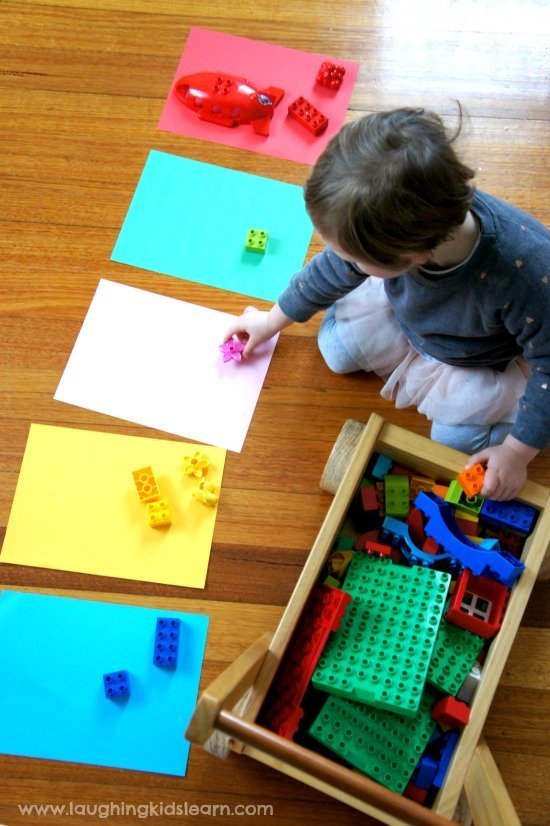Your child will need to access knowledge from their working memory and maintain focus on the task at hand. He/she might be using a wide range of skills simultaneously to complete a piece of writing.
This includes holding a pencil properly, spelling words, making letters, punctuating sentences, using perfect syntax, and using vocabulary to complete a piece of writing. If your child has difficulty with any of these steps, writing will likely become a chore.
Because of the Common Core Standards, students are required to write more frequently. They are expected to write on a wider range of topics than ever before.
It’s crucial to take action if you suspect your child is struggling with writing since kids who struggle often develop resistance to writing. If you have questions or concerns about your child’s writing, please discuss them with the instructor.
Academic writing services have grown in popularity in Ireland. More students are now opting for assignment writing services to get their writing done by experts.
Students, wary of being scammed, take extra precautions to verify the legitimacy of the service they hire to complete their projects. It’s true that there are several upsides to using professional writing services.
One of the many advantages is that students who submit a strong essay may be eligible for a scholarship from their ideal college or university.
Academic papers written by professionals have a better chance of capturing the interest of the reader. Scholarships are hard to come by, and everyone in the academic world is fighting for whatever advantage they can get. So, hiring an essay expert for writing an essay is the best option!

5 Best Ways to Help Your Child With Writing Assignments
Children and parents both dislike doing homework. Despite being annoying, instructors and schools give homework as a teaching tool to review ideas your child has learned in class.
Your youngster learns how to prepare, organize, and process information as well as how to build responsible study habits.
With these recommendations, you may lessen your child’s frustration and help them develop good study habits.
1. Be Involved
The best way to help your child succeed in school is to know what they’re learning and to respect the teacher’s homework expectations.
You should participate in school activities, introduce yourself to your child’s teacher, and read any paperwork brought home.
The best way to get help with the homework your child is bringing home is to contact the teacher via email or set up a meeting.
2. Schedule Time for Homework
Children thrive in environments where everything happens at regular intervals. Select a time of day that works best for you, and commit to using that time exclusively for schoolwork.
While some kids thrive on the extra time they have after school, others need to recharge before getting to work. If possible, avoid making your child do schoolwork in the late evening, when he or she is likely to be cranky due to lack of sleep.
Although it may be challenging to accomplish this every day, attempt to establish a weekly routine that everyone in the family can stick to.
To keep yourself on track, it could be useful to keep a timetable in a prominent location, such as the kitchen or a place where you do your schoolwork.
3. Ask Questions But Never Do Their Assignments
You should not do your child’s homework for him or her. Your kid won’t pick up the requisite knowledge and skills otherwise.
Assist your kid by walking them through homework and inspecting their finished product. Here are a few methods to consider:
Inquire about:
What do you think?
Are you thinking something similar?
Please explain how you plan to solve this mystery.
The next time your kid reads something, have them try to spot the error. Provide constructive criticism without giving a solution to your child’s homework.
Justify your answer with an example:
Make a replica of the situation in which your child is having difficulty and help him or her through it. Then, have your youngster apply what they learned to their assignment.
4. Take Breaks
Your youngster needs a five-minute break if he/she is showing signs of irritation or rage. Play a quick game of tag or go for a bike ride instead of letting your kid switch on the TV or computer.
Kids can channel their energy more productively through physical activity. Tell them you need a break but will be back to their assignment in a few minutes.
One of the most valuable lessons you can give a child is the ability to persevere through challenges.
5. Get Extra Help
Recognize the signs that your kid needs more support. It is the responsibility of the instructor to supervise and support the students in the classroom, but it’s necessary to set reasonable goals.
Many professors struggle to give each kid the attention they desire in a class of 30 pupils. Ask your teacher to suggest an online support program if your child is having trouble in a particular subject. Most educators are aware of the free resources that complement their course material.
Many will even give you extra work to complete with your child at home in a particular subject area. You may also find out if your neighborhood library provides tutoring or help with homework.
Writing successfully requires a lot of practice and perseverance, so prevent your child from being frustrated by particular projects and help them come up with reasons to write every day.
However, the above-mentioned tips may be helpful for helping your child all enjoy doing their homework.






